The Eternal Coin, Part 1: Finder's Keepers
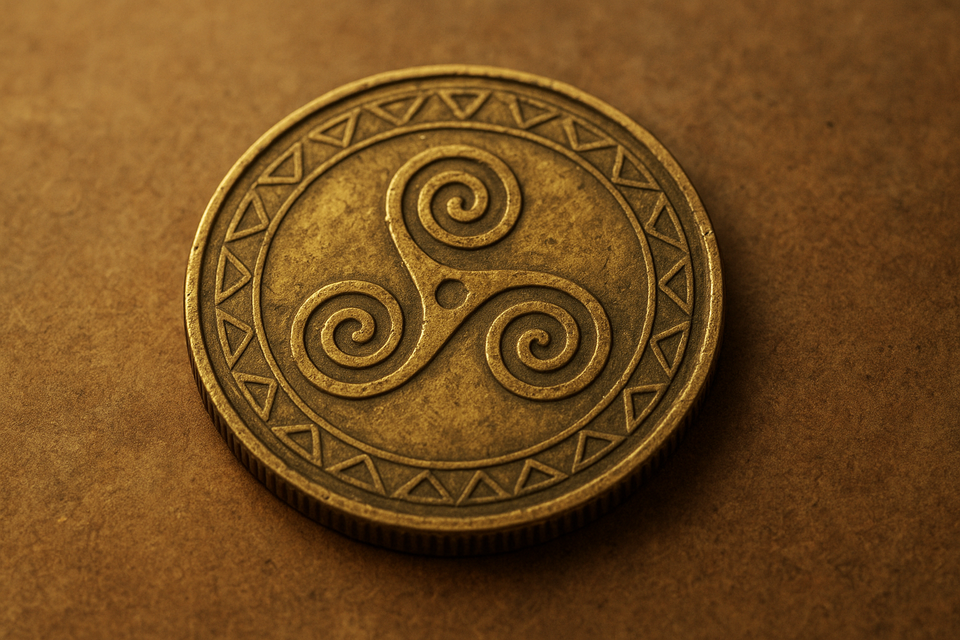
Baseline theme to the story
It appears ordinary. But in its metal pulse lies a power that defies time. Those who touch it vanish from their world, thrown into lives they never lived, eras they never knew, and fates they cannot escape.
Through blood and fire, love and betrayal, the coin watches, judges, and moves on—unceasing, eternal, unstoppable.
Who will hold it next… and what will they become?
The unknown coin had been in the family for as long as anyone could remember, and various versions of its origin bounced around but always differed when retold to the point where no one had confidence in its factual base..
Mihai’s grandmother kept it in a little wooden box lined with felt, the kind old people use for earrings and prayer cards. She would take it out on feast days, polish it with a rag, and whisper, “It’s older than us, older than this city. It will outlive us all.” Mihai never quite believed her. To him, it was just a dull piece of brass, about the size of a Romanian fifty bani coin or 50 Euro cent coin measuring 24mm (almost an inch) in diameter, and weighing around 7 grams, just as the modern coins were, but worn smooth with age.
When she died, the box passed to his mother, and from her to him. He was twenty-three now, working part-time at a phone repair shop, half-Romanian from his father’s side and half-Hungarian from his mother’s. He liked to think that his mixed heritage made him native to Banat.
The coin mostly sat forgotten in a drawer with his spare keys, car wash tokens, or Jetons, as they are known, and a tangle of phone chargers. That Saturday morning, as he rushed out to do groceries, his eyes landed on it by chance.
Why not? he thought. It’s the same size as a 50 bani. Might as well use it for the supermarket trolley security tether.
At the supermarket parking lot, he slotted the coin into the trolley lock. The chain snapped free with a metallic click. Mihai smiled at the ingenuity of his trick, feeling he had ‘got one over’ on the system, as it were — generations of family heritage reduced to a shopping hack.
Inside, the busy supermarket hummed with fluorescent light and the rustle of carts. He remembered he had a store app with weekly discount vouchers, but it required an internet signal to see the latest information. Stepping close to the door to get a better internet signal for the phone app, he left his trolley further into the store. By the time had the vouchers and returned to where he left his trolley, it was gone. He kicked himself for not putting at least something, anything, into the trolley to discourage someone from thinking it was abandoned. Now, his trolley was gone, and it would probably be impossible to find out who had it.
Panic flared. He pushed through the crowd, looking down each row, convinced someone had simply moved it aside. Finally, he spotted it — halfway across the store, already being pushed by a tall, broad-shouldered man with thinning grey hair.
“Excuse me!” Mihai called. “But is that my trolley?”
The man glanced back with cold, flat eyes. For a moment, Mihai saw something unsettling there — a darkness, like the stare of someone who carried old sins. Then the man shrugged. “No, it’s mine.”
A few curious shoppers turned to stare, intrigued by the fact that someone spoke to another shopper, which almost always meant some type of shopper conflict, as usually people shopped in silence. Mihai hesitated, embarrassed and backed down. Was it worth making a scene over some groceries? He sighed, stepped away and sought out another abandoned trolley, and let it go.
That night, lying in bed, Mihai thought of his grandmother’s words: “The eternal coin will outlive us all.” For the first time, he wondered if the coin was ever truly theirs — or if the family had only been keeping it for a while, until it decided to move on. Little did he know its powers.

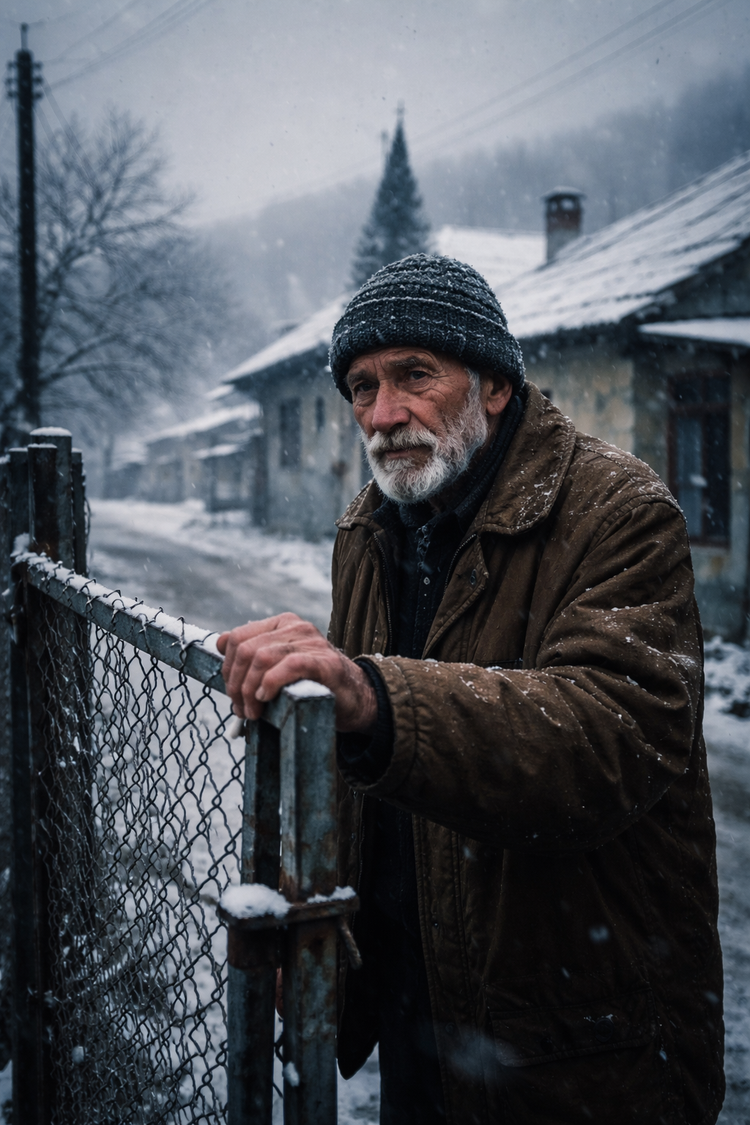
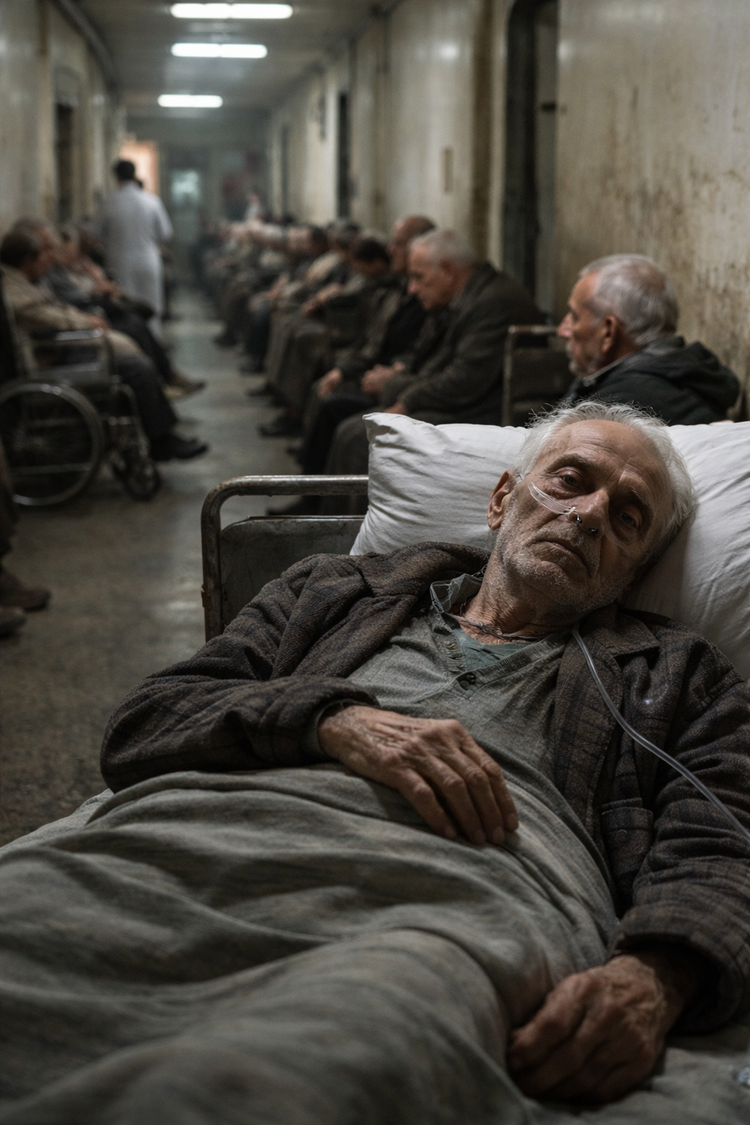
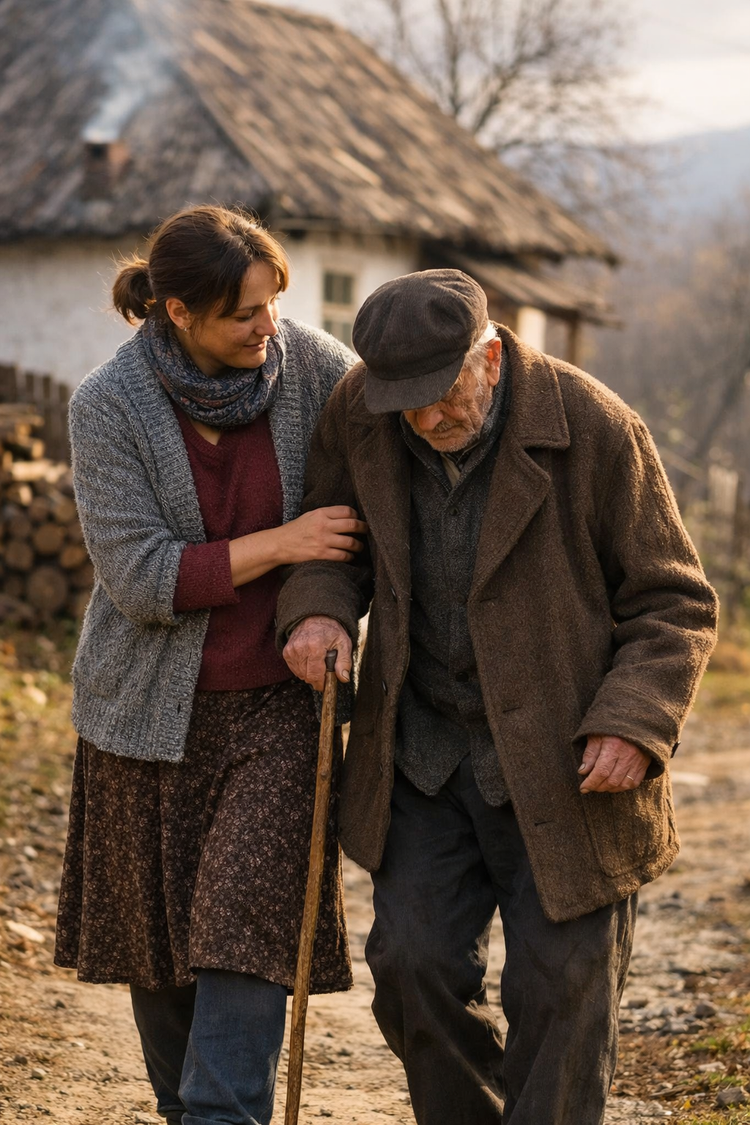
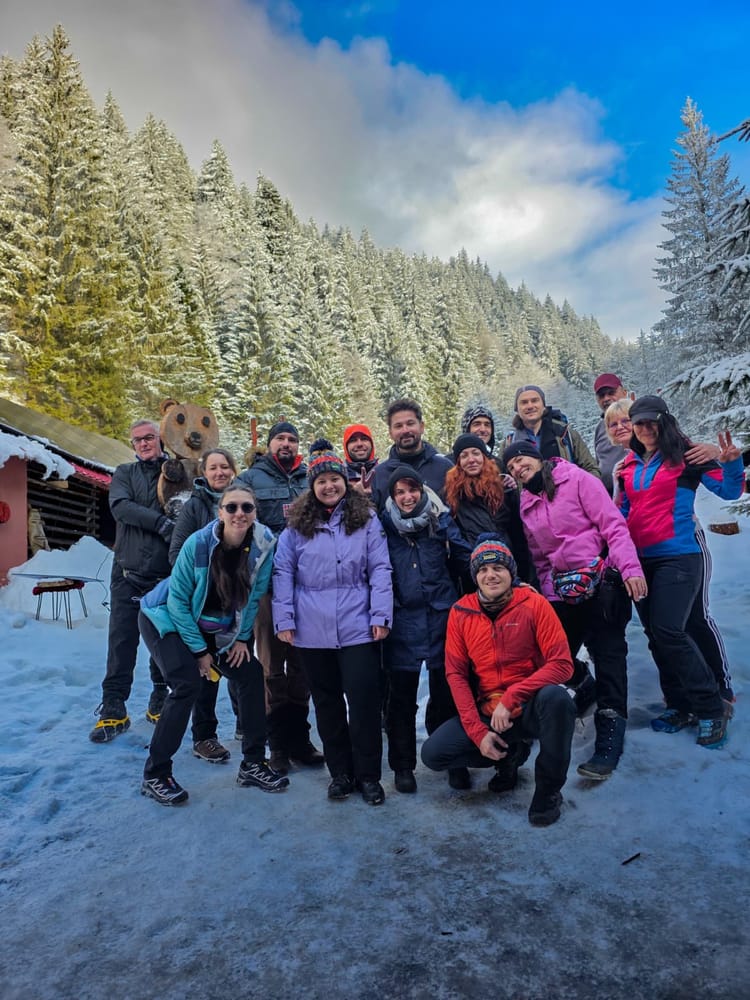
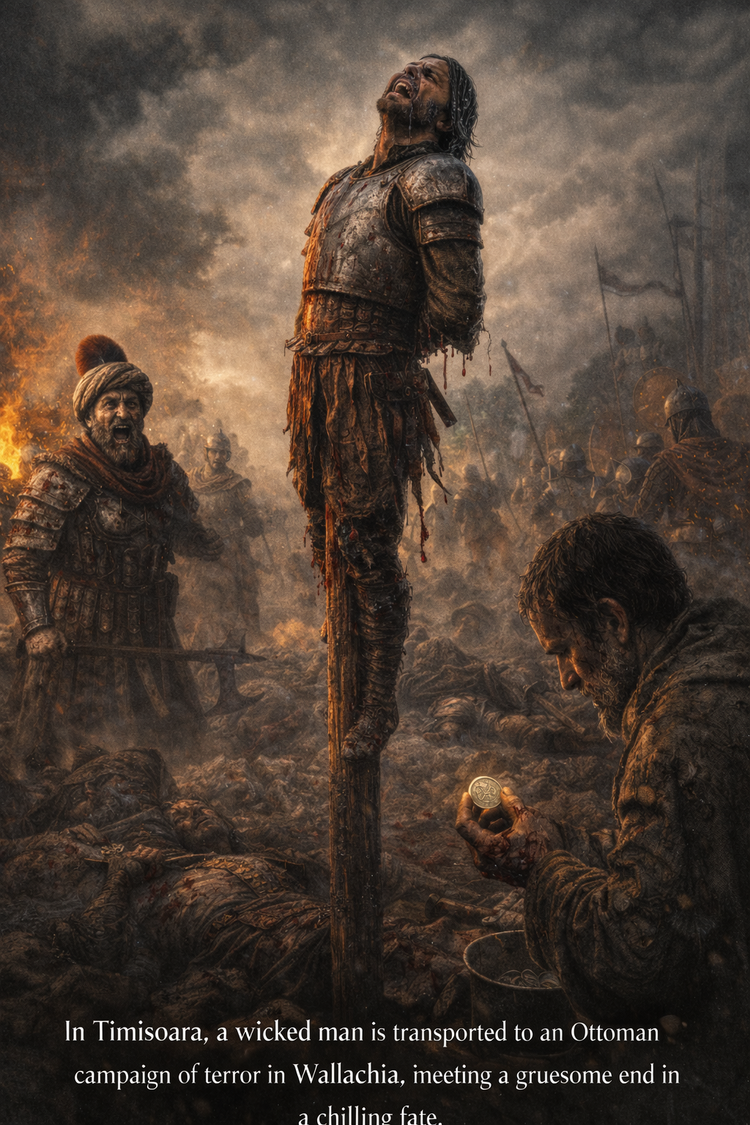
Member discussion